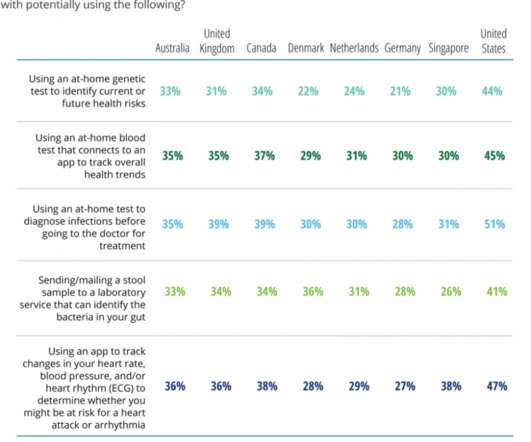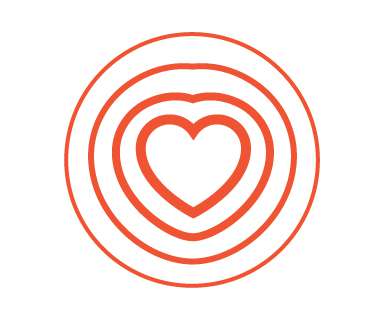Dr. Roboto? Stanford Medicine Foresees Digital Doctors “Maturing”
Health Populi
JANUARY 15, 2020
Physicians are evolving as digital doctors, embracing the growing role of data generated in electronic health records as well as through their patients using wearable technologies and mobile health apps downloaded in ubiquitous smartphones, described in The Rise of the Data-Driven Physician , a 2020 Health Trends Report from Stanford Medicine.













Let's personalize your content